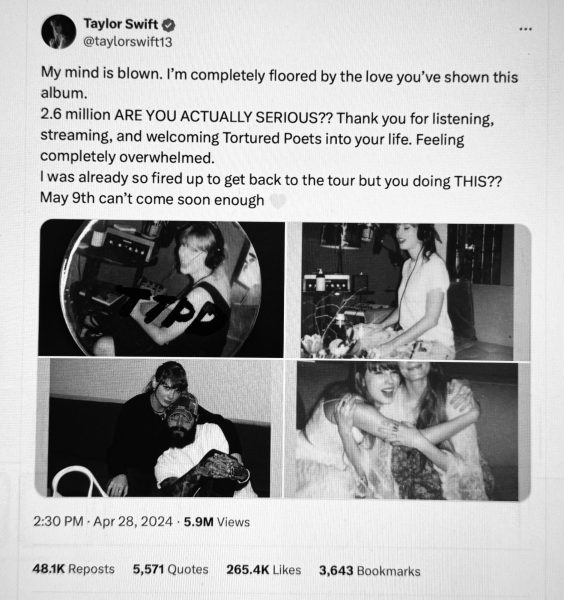Library cuts come out of nowhere
I don’t really know how else to put it: I’m very upset. Really, incredibly, horribly upset.
You should be too. In fact, we should all at the very least be throwing temper tantrums on the lawn in front of the Chester Fritz Library.
I’ve been fairly outspoken about my love of books. I’m an English major — books are my life.
I am angry that the Chester Fritz is facing a huge loss in funds.
Provost Thomas DiLorenzo sent out a campus-wide email shortly after, deftly explaining that the library was not facing a budget cut, but it was not going to have the funds it needed.
It really doesn’t matter if it’s a budget issue or a “shortfall” as DiLorenzo put it. Either way, we know one thing for sure: the Chester Fritz is in trouble.
I understand to many students, the Chester Fritz is nothing more than a building that houses the relics of yesterday.
Everything is online now, right? Yes, but the Chester Fritz has to pay for access to those sources. The library is more than a place where scary old ladies in glasses shush you for sneezing.
It’s the glue that holds academia together. It’s the place where we hold everything that makes us who we are.
It’s where we turn when we are looking for research on mitochondrial DNA. When we need to escape reality, we go to the library and get a good book.
The library is the physical representation of humanity’s collective brain. We need to value it.
The money that keeps the library running is the same as the oxygen that keeps our brains running. Without it, we stop functioning.
The library is having a stroke, and we need to save it. The fact that we are just now learning about this when a committee was appointed, last semester is outrageous.
I’m glad to hear there is more than one person working to keep the library alive, but we can be doing more. Two heads are better than one. A whole campus is better than a single committee.
My knowledge lies in other places. I’m doing what I can, speaking out and hoping people will listen.
Part of the beauty of being a part of a university is the fact that each of us has a different skill set. I may not fully understand how budgets work or funds are allocated, but I do know how to inform people.
This is how society works. Very few people, if any, can be a brain surgeon, historian, electrical engineer and Tony-winning actor all at the same time. It’s our skills combined that make society able to function. It’s our skills combined that make it possible to change.
I’m doing my part, how can you do yours?
Kjerstine Trooien is a staff writer for The Dakota Student. She can be reached at [email protected].






